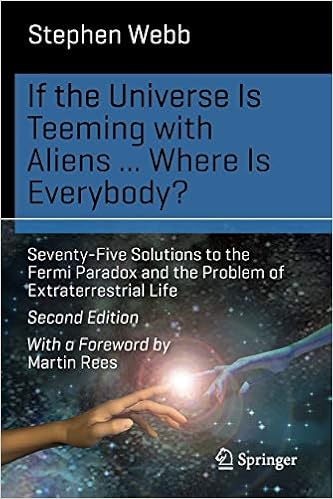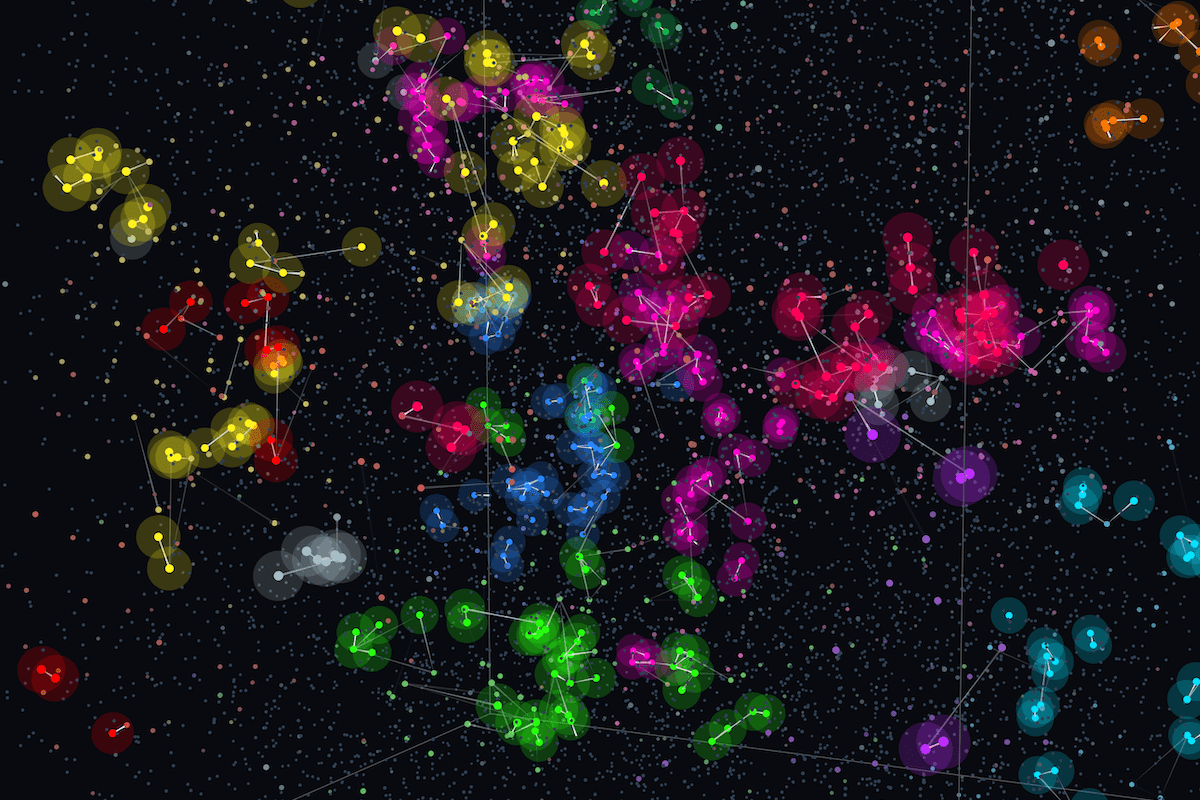- Nov 23, 2021
- 2,000
- 660
Herb York wrote:
“ . . Fermi said, virtually apropos of nothing: ‘Don't you ever wonder where everybody is?’ Somehow (and perhaps it was connected to the prior conversation in the way you describe, even though I do not remember that) we all knew he meant extra-terrestrials. . ”
So, York remembers the shared recognition by the group that Fermi meant aliens, but he doesn’t remember the previous conversation.
“ . . Fermi said, virtually apropos of nothing: ‘Don't you ever wonder where everybody is?’ Somehow (and perhaps it was connected to the prior conversation in the way you describe, even though I do not remember that) we all knew he meant extra-terrestrials. . ”
So, York remembers the shared recognition by the group that Fermi meant aliens, but he doesn’t remember the previous conversation.
Last edited:






